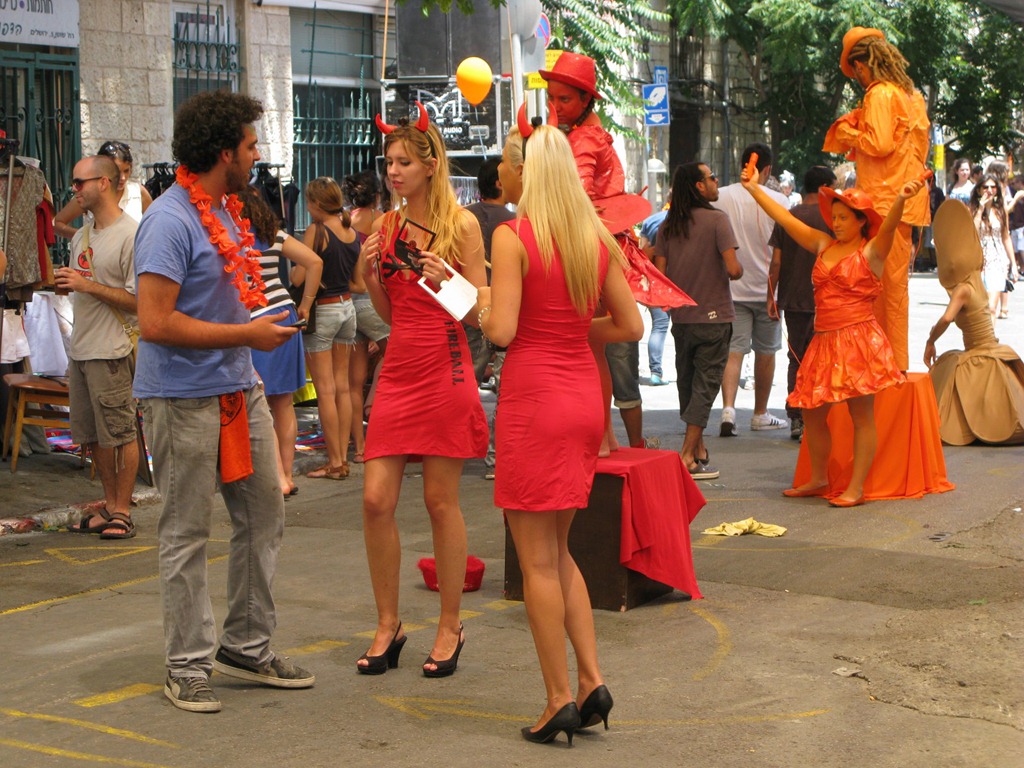


One thinks but does not act, while the other acts but does not think. The best, at least, lack the conviction to act. "The worst" the persona says "are full of passionate intensity" emphasising their lustful, animalistic (and sinful?) natures, while "the best lack all conviction". these are allusions to the Book of Revelation (see comment below) and the Christian sacraments(?) respectively and once again emphasise a spiritual dimension to the crisis befalling humankind. It continues by emphasising the scope of the crisis."and everywhere The blood-dimmed tide is loosed, and everywhere The ceremony of innocence is drowned". "Turning and turning in the widening gyre" also alludes to the view of a cyclical nature of history expressed elsewhere by the poet. But we should be in no doubt that this is as much a spiritual crisis as it is a worldly one: "the falconer" and "the centre" are also God. "The falcon cannot hear the falconer Things fall apart the centre cannot hold" are metaphors for the rise of radical politics. The poem's opening stanza portrays a society spinning out of kilter. It conveys the persona's horror at the slaughter that the war unleashed and its socio-political aftermath in language heavy with religious significance. Written is 1919, the poem is a reaction to the Great War. That having been said, the persona is not necessarily espousing a traditional Christian world view. Thus, with its unremitting pessimistic tone notwithstanding, the poem at least gives humankind the possibility of redemption. The scene is set for the final showdown and the Second Coming. The poem is alluding to the Book of Revelation.


 0 kommentar(er)
0 kommentar(er)
